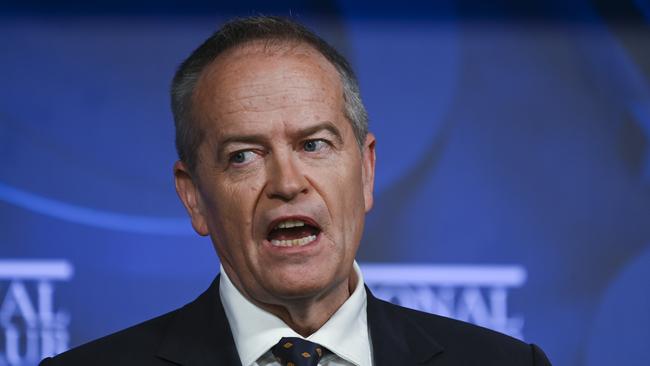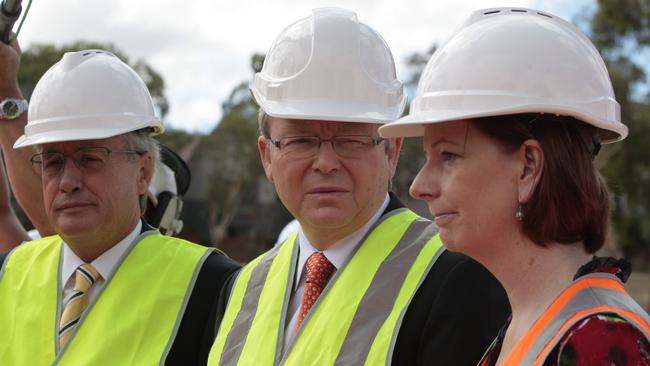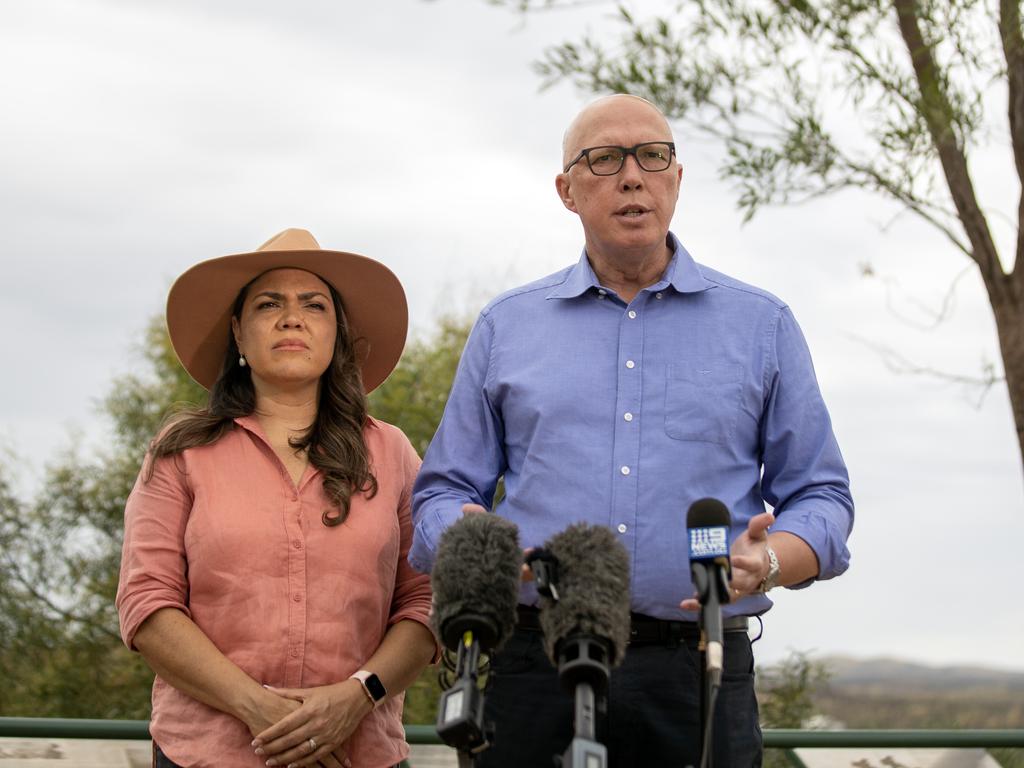
What followed were seven prime ministers in six federal terms and clear evidence Canberra does not do direct service delivery well. Our founding fathers left such services to the states and put Canberra in charge of national defence, foreign policy and economic policy.
For examples of federal failures, think Rudd’s pink batts and Building the Education Revolution schemes to stimulate the economy during the Global Financial Crisis, and his failed attempt during his second prime ministership to give Canberra a bigger say over hospital waiting lists. Remember, too, successor Julia Gillard’s support in Treasurer Wayne Swan’s 2013 budget for the Gonski education funding reforms and the National Disability Insurance Scheme.
All have one thing in common. They were attempted federal reforms in areas that are traditionally the responsibility of the states, and in the case of pink batts, local government building regulations. School education and health in this country are the responsibility of the states and territories and until the NDIS, the states controlled disability funding.
Last week the federal NDIS Minister Bill Shorten told the National Press Club that his baby from the Rudd and Gillard years, the NDIS, needed surgery.
We already know the Gonski reforms of Gillard, and later of PM Malcolm Turnbull, have done nothing to improve education outcomes. Pink batts killed electricians and burned down houses. The BER built lots of school halls at inflated prices but did not boost education outcomes. The hospital system in most states remains mired in long waiting lists.
The blame game has not ended. Indeed Shorten, and NDIS insiders, are clear that cost shifting, especially by the states to the NDIS, is one of the scheme’s biggest problems.
Another is the issue that bedevilled the pink batts scheme: a large pool of federal money attracts people to programs who just want to grab the dollars but have little expertise in disability, just as many had no experience in home insulation.
Shorten admitted last week that as much as 10 per cent of the NDIS – that’s $3 billion – is being rorted by unscrupulous providers and their overservicing. Yet Shorten made clear the NDIS has a role to play, will survive and will be improved. That’s good, because to the people who were originally its targets, it is a lifesaver.
Yet the NDIS is also the government’s fastest expanding social policy budget cost line. Last October’s budget forecast NDIS costs would blow out by $9bn over the next four years. That budget expected the NDIS to pass $50bn by 2025-26 – about $20bn a year more than a 2017 Productivity Commission estimate. Originally set up to cater for 400,000 clients, there are now 585,000 on the NDIS and that is expected to pass a million by 2032.
Shorten in the Rudd-Gillard-Rudd years often spoke about people long into retirement still caring for profoundly disabled children with little relief and not much help from state-run disability systems. It was in effect the outcome of the 1980s movement to de-institutionalise the severely disabled.

This column has friends who fit the picture. Mum is approaching 70 and her two children are nearing middle age. The kids are lovely but remain childlike. They still need to be bathed each night, dressed for bed and have story time from mum and stepdad.
It’s a heavy burden for parents who naturally worry what will become of their children as they grow too old for the rigours of daily care. The NDIS at least gives such people occasional relief at home and occasional nights off when children can spend a night or two in group accommodation and mum and dad can get a rare night out. But the NDIS was never meant to be “the only lifeboat in the ocean”. State governments have used the scheme to walk away from traditional responsibilities. Many services beyond immediate medical treatment have been vacated by hospitals and sent to the NDIS. While the states and Canberra were meant to be equal partners in the scheme, the federal government now picks up about 70 per cent of the tab.
There are also cost-shifting problems within the federal system. Economist Hassan Noura in The Australian Financial Review on Thursday showed how decisions to limit services available on Medicare simply transfer uncapped costs to the NDIS. He cited a reduction in claimable psychiatric visits. He also outlined how decisions not to increase welfare payments shift costs of disability and carer payments to the NDIS.
Shorten’s speech was diplomatic in his approach to one of the scheme’s biggest problems: the burden of fast-growing autism diagnoses and the increasing number of young children now on NDIS packages.
This has created a perverse incentive for schools to press parents for an autism diagnosis so the school can get extra funding for each autism case on its books. Paediatricians warn such a diagnosis will stay with kids for life, sometimes quite unnecessarily. The Australian reported on April 18 that 10 per cent of all boys aged five to seven, and 4 per cent of girls are now on the NDIS.
Mr Shorten called for early intervention on childhood learning problems but said “not every child with a developmental delay at 12 needs to be on the NDIS”.
The explosion in autism is closely related to another perverse incentive in the NDIS: activity-based funding creates pressure for more services, so NDIS participants spend their package each year. Shorten flagged a shift to outcome-based funding to reduce pressure for ever more servicing. He said longer-term funding would reduce pressures to spend under annual packages.
And while many NDIS users love the support they receive it is not clear a national disability scheme should really be paying for lawn mowing services, coffees out with carers or fringe therapies with unproven health benefits. This issue is addressed in the sixth of Shorten’s reform plans for the NDIS – “increasing community and mainstream supports” for those with minor disabilities.
Apart from moves to reduce cost-shifting, combat fraud and overservicing and pay for results rather than volume of service, Shorten promised to increase staff at the NDIA that runs the program. NDIA has been limited to about 4000 staff and was clearly unloved by the three Coalition governments between 2013 and 2022. More and better trained staff should help reduce overservicing and fraud.
To be fair, all levels of government are gouged by private providers. Look at the billions Canberra spends on the big four accounting firms for work once done by the Australian Public Service.
Shorten summed it up on ABC’s 7.30 with Sarah Ferguson on April 18: “There is a culture in Australia … that some people think when they provide services to someone else, if that person has a government package … you can just charge the person more.”
It’s true across many levels of government. Ask any teacher about the list prices of state-approved learning aids.
The national newspapers do a good job on public policy problems such as the NDIS. This is crucial because the state-based news media are often fed angles by parochial premiers blaming Canberra for service delivery glitches that are really the responsibility of the states. It’s the real blame game.








Kevin Rudd promised to end the blame game between the states and the federal government when he became opposition leader in December 2006.